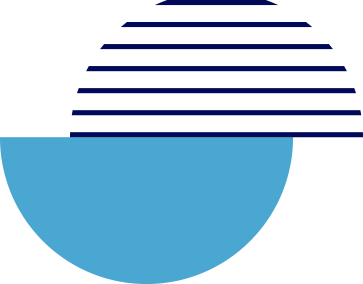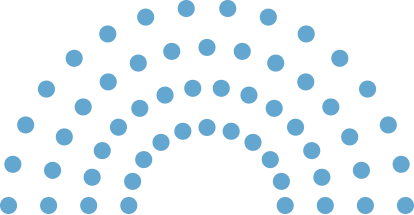
Our cognitive-behavioral therapy program at Maple Leaf Counseling is designed to help clients cope with a range of mental health concerns, including anxiety, depression, phobias, and more. It can also be beneficial for those dealing with relationship issues or struggling with self-esteem.
Ready to learn more about our therapy programs or start working with a CBT specialist? Call Maple Leaf Counseling at 888.513.9317 today.
What Is Cognitive-Behavioral Therapy?
Cognitive-behavioral therapy is a type of psychotherapy that focuses on the connection between thoughts, feelings, and behaviors. This approach helps individuals recognize and change negative or unhelpful patterns in their thinking and behavior. Unlike some other forms of therapy that may look to the past for explanations, CBT primarily focuses on present-day issues and provides practical tools for managing them.
It’s typically recommended for individuals who are dealing with mental health concerns like anxiety, depression, or post-traumatic stress disorder. However, it can also be beneficial for anyone looking to understand and change their negative thinking patterns. One of the main goals of CBT is to help clients develop healthier coping mechanisms and improve their overall quality of life.
What Can You Expect in CBT Sessions?
When you begin a CBT program, your therapist will work with you to identify the specific issues you’re facing and develop treatment goals. From there, you’ll work together to understand and challenge negative thought patterns that may be contributing to your difficulties. You may also learn techniques such as relaxation exercises and problem-solving strategies to help manage symptoms.
Sessions are typically structured and focus on specific goals or topics, allowing you to actively participate in your treatment. Your therapist will also assign homework assignments for you to practice between sessions, helping you to apply what you’ve learned in your daily life. CBT is typically a short-term therapy, with most clients seeing improvement within 12-16 weeks.
Benefits of the Cognitive-Behavioral Therapy Program at Maple Leaf Counseling
There are many benefits to participating in a CBT program. Some of the most common include:
- Increased self-awareness – CBT can help you understand how your thoughts and behaviors impact your emotions, giving you greater control over your reactions.
- Practical tools for managing symptoms – In addition to helping you recognize patterns, CBT also teaches practical skills for coping with difficult emotions and situations.
- Collaborative relationship with your therapist – CBT is an active, collaborative therapy that allows you to work closely with your therapist to address your specific concerns.
- Long-lasting results – By learning skills to manage negative thinking patterns, clients can continue to use these techniques long after their therapy program ends.
At Maple Leaf Counseling, we take time to understand the challenges you’re facing. In a supportive, judgment-free environment, our trained therapists will work with you to develop a personalized CBT program that meets your individual needs and goals.
Reach Out to Maple Leaf Counseling Today
Ready to see if cognitive-behavioral therapy is right for you? Call 888.513.9317 or contact Maple Leaf Counseling online to learn more about our CBT program and schedule an appointment. We’re here to help you take control of your thoughts and behaviors and live a more fulfilling life.



